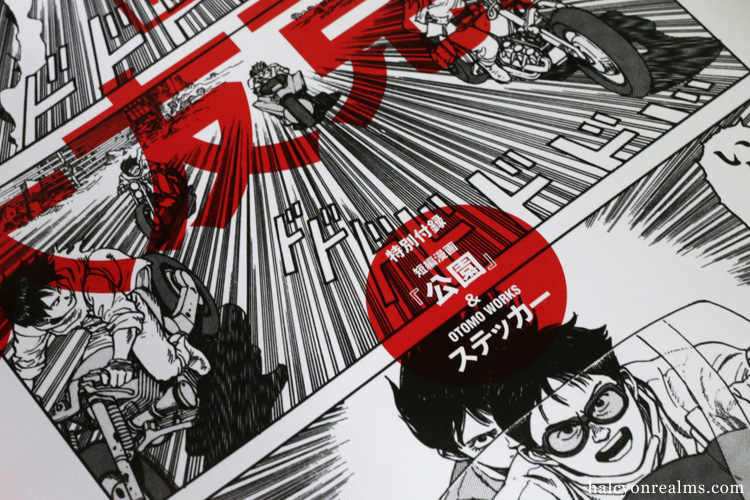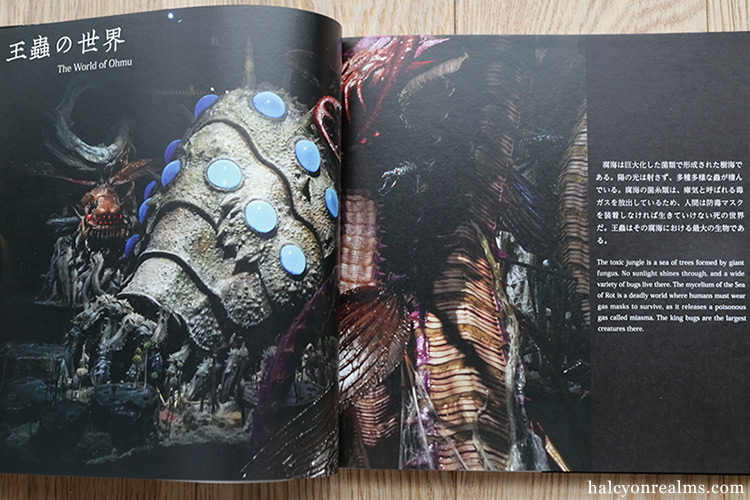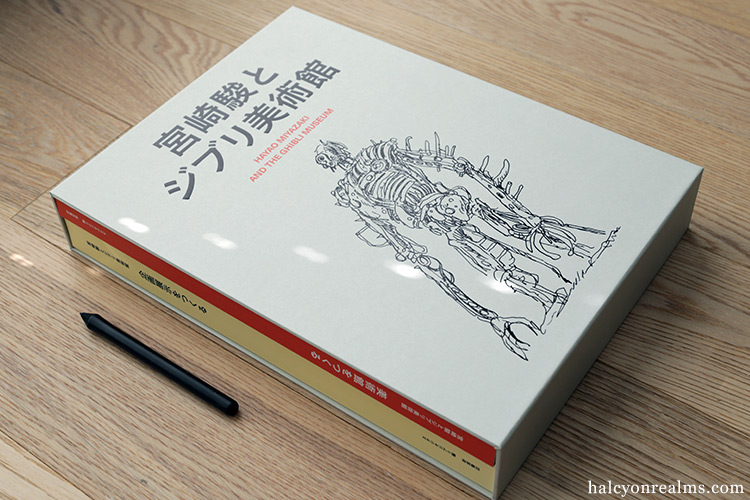On many levels, Yomigaeri ( Resurrection ) takes a striking affinity to past films like Soderbergh’s remake of Takovsky’s Solaris, as well as Mimi Leder’s disaster movie Deep Impact. Looking beyond the overt sci-fi setting where all the 3 films share a similar premise, what strings the 3 films into tandem are their nuanced and skilfully constructed plot devices that very successfully coaxes and yanks at the viewers’ own personal latent pool of memory, setting off a very intimate emotional response built on our own experiences, the classic case of “what if I were to live through the same experience” if you may. Think hearing a familiar tune off a radio that sets off nostalgic memories, only in this case you get the entire visual-aura package, enabling one to ease into the character’s plight, full assimilation and empathy, the whole works.

In Deep Impact the impending doom of the earth is rendered realistically enough for us to imagine that very last precious moments we can share with our loved ones, just as the protaganists do in the film, and in both Solaris and Yomigaeri the sudden reappearance of our most cherished people scrutinizes our ability to let go in the event of a death and probe one’s mind like a sharp needle straight through the cerebrum, though that heady, pleasurable feeling associated with the viewing experience can hardly be defined as pain.








